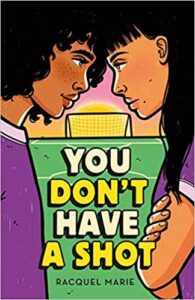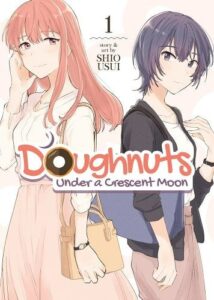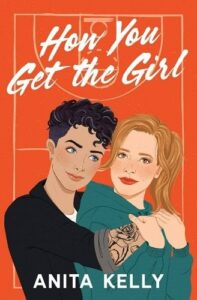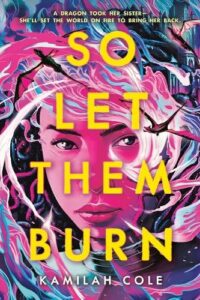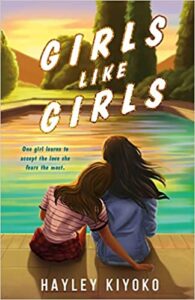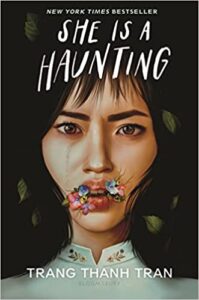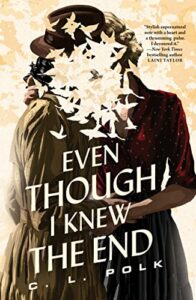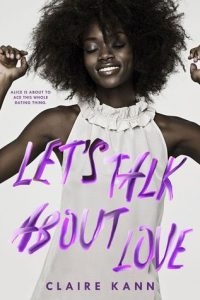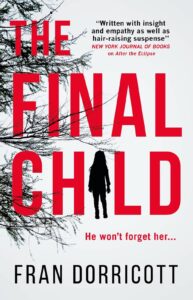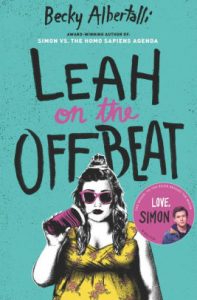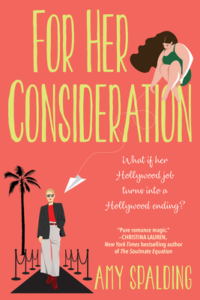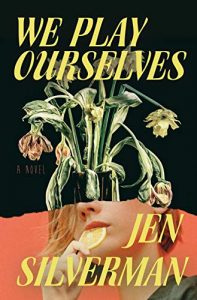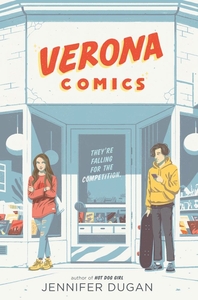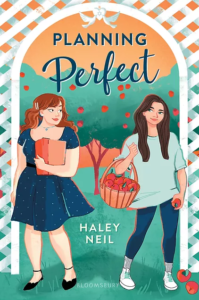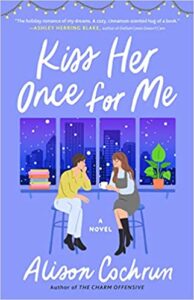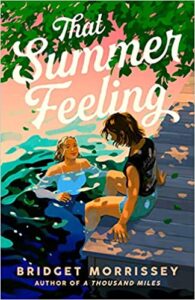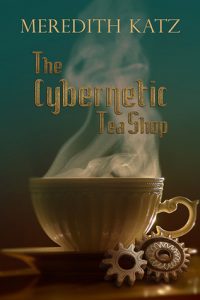Buy this from Bookshop.org to support local bookstores and the Lesbrary!
Racquel Marie’s You Don’t Have a Shot is a YA romance that centers around Valentina Castillo-Green, a high school soccer star whose life revolves around the sport. After an abrupt end to her junior year soccer season, Vale ends up at soccer camp, co-captaining a team with her longtime rival, Leticia. As they take their team from a bunch of rookies with little more than enthusiasm and a whole lot of untapped potential to a tight group of friends with the skills to win, Vale and Leticia learn to not only trust each other but also to care about each other, more than either of them could ever have expected.
I read Marie’s 2024 release This is Me Trying a couple months ago and loved it, so I wasn’t terribly surprised to love this one as well, especially considering I’ve been in such a sports romance mood lately, but man is it fun when a book still manages to exceed those expectations. It gave me exactly what I want from sports romance: a romance I can root for, a deep feeling of camaraderie among the team, and a love for the sport so deep it makes me forget I actually hate sports in real life. More than once while reading this, I caught myself thinking, wow, this sounds fun—this despite the fact that my own very brief soccer career was limited to me, age six, wandering around the field picking flowers and ignoring whatever gameplay was happening elsewhere.
The thing about this book is there is so much compassion here. Vale had a lot of growth she needed to do at the beginning. She was selfish, judgmental, even a little mean. She took everything so seriously, to the point where Leticia notes that Vale doesn’t even look like she’s having fun when she plays. For all her flaws, though, I loved her. I always find it refreshing, especially in YA, when an author isn’t afraid to let their characters be in the wrong, and Vale certainly was that, but watching her learn to listen to Leticia and the rest of her team brought me just as much joy as the romance did. And by the end, I was so proud of her.
As for the romance, as I said, it brought me quite a lot of joy. The banter was funny, and the transition from rivals to friends to something else felt natural in a way that can be difficult to manage. Without saying too much, though, the background was believable, and it was so much fun to watch them learn to rely on each other and see Vale kind of fight against the realization that she is starting to—gasp!—like Leticia as a person. Vale’s other relationships had a similar realism. Every conversation she had with her father made my heart clench—Leticia and I had a similarly unfavorable assessment of the man. But by far, my favorite secondary relationship was the tentative alliance between Vale and her writer brother, Jorge, as they each grapple with their father’s unfair expectations of them.
I truly loved this book. With its strong romance, its complicated friendships and familial relationships, and a compelling protagonist with room to grow, this book had a lot going for it, and in my opinion, it nailed every aspect. Racquel Marie has yet to let me down, and I very much look forward to reading more from her.

